Mishi woke up screaming, “Mumma, I ate food without washing hands. Now, I will get Corona and I have to stay alone without you and Daddy.” And her tears went on. Lily, Mishi’s mother addressed this weird dream of her to the family and they understood that this is kids and COVID-19 effect as a result of which they are facing anxiety issues as an emotional impact of this pandemic. Most ignored side-effect of this pandemic is between kids and COVID-19 as they are unable to deal with the distressing situation.
Apart from the fight with coronavirus that we have to collectively manage physically, there might be some internal anxiety and depression aspects relevant to kids and COVID-19. Since the outbreak of this deadly disease, headlines and pictures of corona are creating a sight of immense panic.
Are we creating a world of uncertainty and grievance for the next generation? What would be the effect of this lockdown and preceding changes on young minds? Understanding the contamination that Coronavirus anxiety is leaving on our kids and figuring out ways to tackle it is the only way out. Finding the best in worse and creating positivity in young minds is the only way to handle situations in these times.
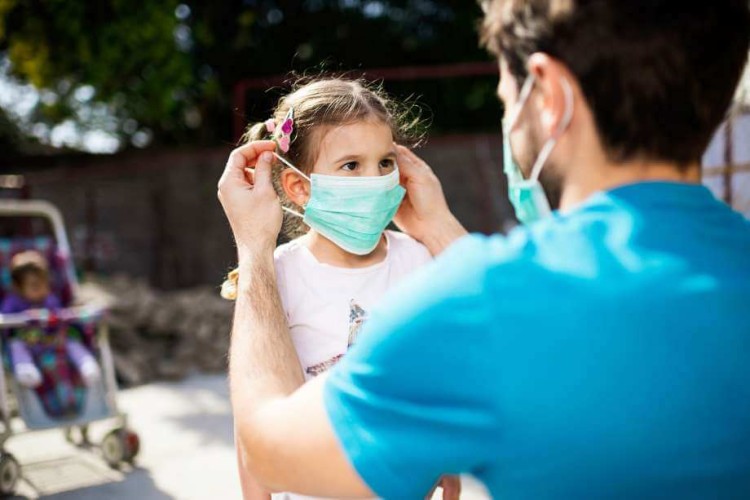
We have come up with the 7 ways in which Kids and COVID-19 management is done and how can parents help them with a diversified solution for all age groups.
1. Does your child refrain from talking about coronavirus or repeatedly fusses on it?
Problem
Kids do not express their worries and anxiety quite often. You have to observe the changes in their behavioral patterns to come up with the solution. Mood swings, sleep disorders, and weird behaviour point at the psychological illness of your kid. Scrutinize if the kid is constantly hung up at virus news or talks or avoids its discussion. Either of these is an alarm that the problem has hard hit their brains. You have to deal with this differently.
Solution
Tackling the kid’s mental blocks is the most difficult thing. Believe me, I am a parent and who knows better than one? Different age groups of kids gather the information differently and need a distinct treatment as well.
Kids (Age Group 2-6)
Pre-school kids look at your expressions and give reactions as they cannot connect to anything else directly. Staying calm and keeping a happy atmosphere around helps them in juggling around with activities that you engage them with. Also, turn off the speakers and TV when they are around to avoid eyeing them any scary or disheartening pictures.
Kids (Age Group 6- 12)
Kids between this age group can understand the problem partially and are somewhat aware of corona outcomes. If they are consistently pitching on this point with an array of questions, calm them down by conveying the correct information. Make them understand that this sickness is like a mere cold and can get controlled with proper sanitization.
Teach them the preventive measures and also assure that they are in a safe surrounding. Using tissues, masks and hankies must be a part of their routine. If they get silent on the COVID-19 issue and do not express, choose a cozy moment on the dining area to chat casually about the problem and also highlight the achievements in the medical field relating to it.
Kids (Age Group 13- 17)
It is the trickiest thing to deal with the teens as they are much updated about the corona scenario and its repercussions later on. You can engage them in a debate to understand the kids and COVID-19 relation and assess their problems. Ask them to ease down on social media and try some creative activities to soothe their minds. Mood swings or constant frets can be a sign of depression and treat them with compassion or friendly chats.
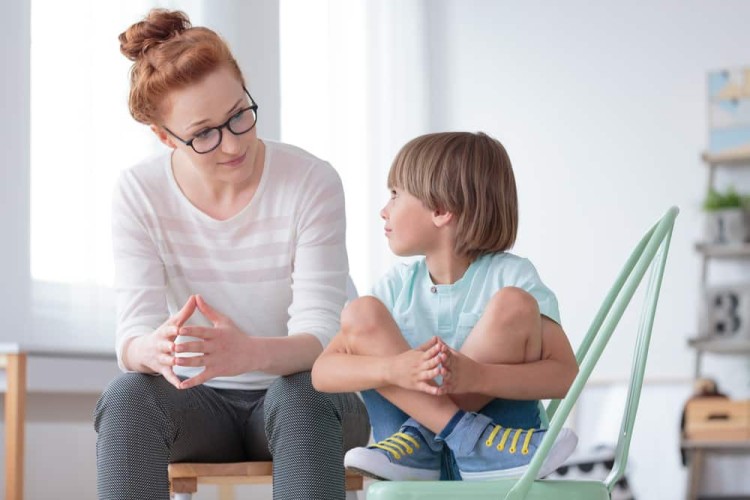
2. Is your child fearing about post COVID-19 scenario? What can be the expected changes?
Problem
For kids, the length of this pandemic can be an optimum disappointment. They might feel stressed and even skip meals in fear of what worse is yet to come? Although, kids are resilient enough to cross the roadblocks handling them in such critical offset can be a task. Many experts have come up with the study that kids can fight adversity if you convey the hardest distress in a very casual manner. They might have a fear of study loss or distance to friends. You never know their major concern at times.
Solution
Kids (Age Group 2-6)
They would mostly not have such clear problems as they cannot think of the future right now. Lots of cuddles and kisses can make them feel safe and secure. Just take out some time out of your busy schedule and enjoy some playtime with little buddies.
Kids (Age Group 7-12)
Fostering the imagination of kids would keep them aloof from negative thoughts. If you find that they are involving too much into the stress of what would be the repercussions after COVID-19, talk to them and console that things will get back fine again and the world would get back to normal. Restrict on smartphones that display vague negative images of life post coronavirus.
Kids (Age Group 13-17)
Their concern is quite obvious. With problems in studies and uncertainty about the career ahead with loss of prospects or draining dreams of foreign education; it might be a critical phase for them. Meditation can serve as a fruitful option in such a situation. You can ask them to attend a few Yoga sessions to fill their ambitious minds with a positive outlook and better routines. Also, do not discuss much cash crunch or job uncertainty as that might affect minds.
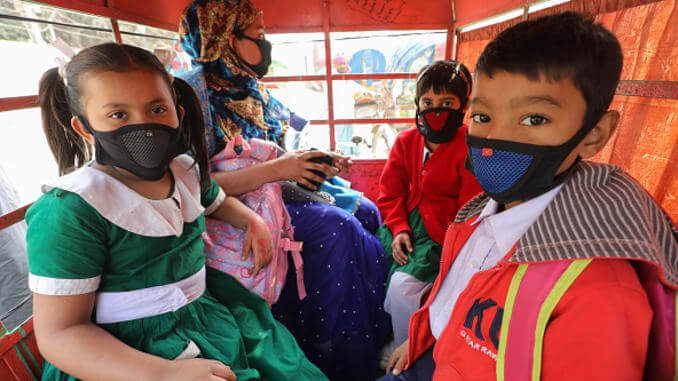
3. What if someone close in family demised due to COVID-19? How to manage kids and COVID-19 together?
Problem
This can be a real challenge for parents as the loss of a person is above anything. Especially, in the scenario where you are not even allowed to perform the last rituals of your close ones, this can be shocking and unacceptable. Holding your grief and controlling the weeping eyes of your kids is a tough challenge but you are a parent and God gives the power to do so.
Solution
Kids (Age group 2-6)
Even kids of this age might understand the missing family member and ask you about them. As it is difficult to address them the meaning of death, for now, tells them that the departed soul is just away for a while and has stuck there due to COVID-19 problems.
Kids (Age Group 7-12)
Sit down, take a deep sigh, and hold them tight in your arms. Make them understand the severity of disease and above all God’s wish to call that angel above. Address this family loss as a fairy tale that has a fairytale-like story. Although, they might understand you are lying but still it could give them some strength to bear the loss.
Kids (Age Group 7-14)
Kids of this age might shatter with the incident as they know the ultimate facet of coronavirus and how this ruins the person completely. You need to be practical with them and discuss the real scenario. Make them understand that even if you are not attending the funeral, a memorial session would be kept later on to give them tributes.
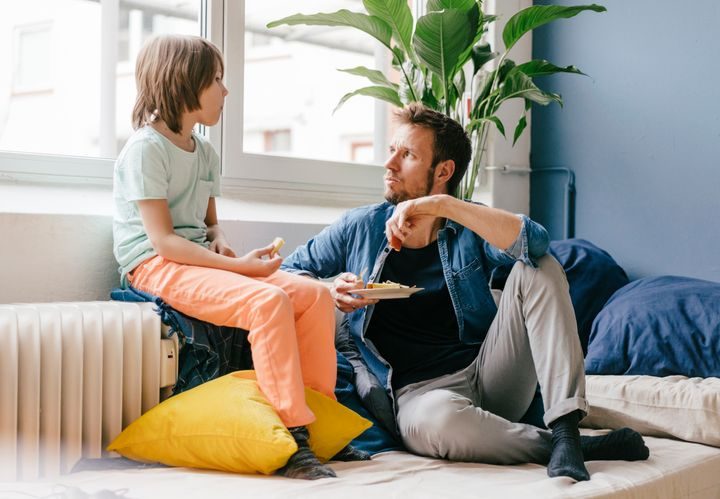
4. Kids are aware of your job layoff and this issue is concerning them!
Problem
Job layoffs are a major COVID issue and you might yourself be worried about how to deal with this. Upon that, when you have kids looking at your tensed faces; your responsibility doubles to soothe their minds.
Solution
Kids (Age Group 2-6)
Keep the equation with them like ever before. They sense the expression and emotions you depict. Do not change your routine of playtime and bedtime tales to make them feel that all is fine
Kids (Age Group 7-12)
You can tell them that you no more need a job and wish to spend some more time with them. This can make them think the other way round and avoid stressing on this Corona drawback. Give the hope of you earning soon with other work from home prospects that are genuinely available around.
Kids (Age Group 13-17)
Treat them as your friend and share the genuine problem of job loss and even cry for a while. But, pull your socks up and list them down the other alternatives you can think or look out for to deal with this. It can make you a hero in their eyes who knows to stand all odds and emerge as a warrior.
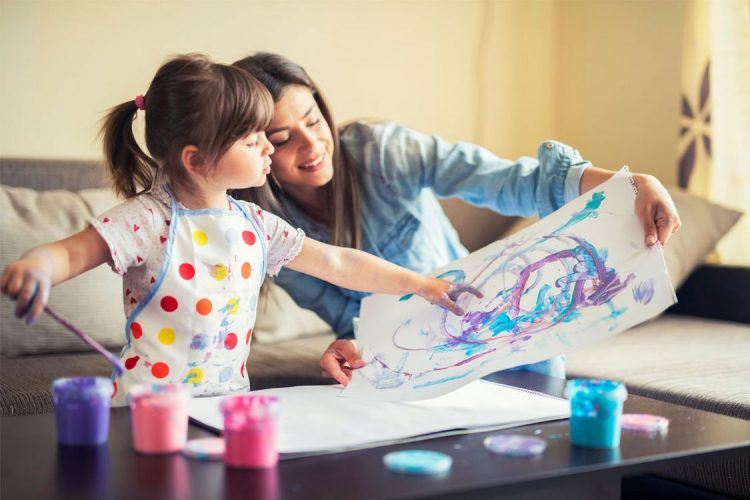
5. Kids are getting distressed as they are not mingling up with their friends
Problem
Friends are very important for us as well as our kids. Kids and COVID-19 effects are difficult to manage. They might develop anxiety over the separation from their friends. Deep down, they might be thinking if things would ever get back to normal or not?
Solution
Kids (Age Group 2-6)
Play with them and do every silly thing which they enjoy at the playschool or home. Juggling with blocks or making puzzles and reciting poetries might help them to refrain from thinking much about their friends. Occasional phone calls can also help you out.
Kids (Age Group 7-12)
If your kids are freaking on Corona as they are unable to hang out with their pals, arrange conference video call sessions for them. This can allow them to have some time discussing their routine with friends and even play some games. Not for long, but for some time even you can engage them in basic kids cooking or household cleaning to avoid feeling lonely.
Kids (Age Group 13-17)
Kids in teens are crazy with friend circles and find them the most compatible mates to discuss everything. Chat over a cup of coffee with them and develop a trust that they can share the wildest thoughts and weirdest tales with you.
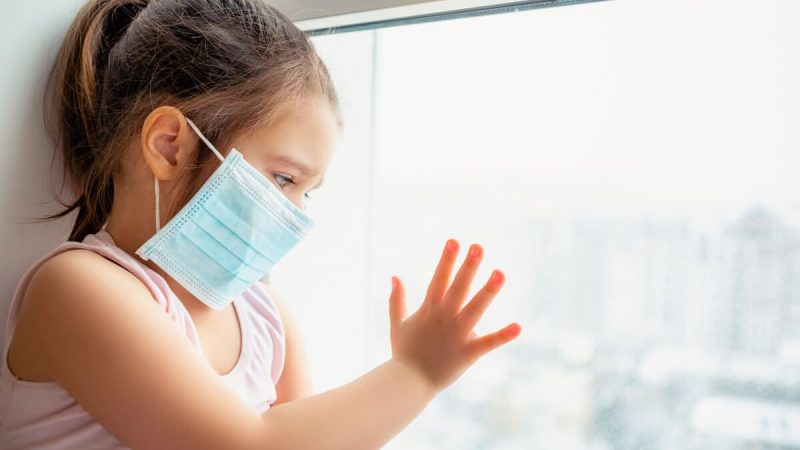
6. Are your kids getting phobic to hand wash and sanitization?
Problem
Anything of everything is bad. People are getting too cautious about germ removal and it is important when you are entering the house from outside. But are your kids trying to copy you? Do they keep washing hands now and then? If yes, you need to address this phobic behaviour and make them understand the real scenario.
Solution
Kids (Age Group 2-6)
Dedicate the fixed times for your kids to wash and sanitize themselves. If they are overdoing it, stop them and fix a schedule for handwashing throughout the day.
Kids (Age Group 7-12)
They might be watching in TV or newspaper about the emphasis on germ cleaning and there is high proximity of phobic behaviour in them. Dealing them with proper information as to how and when is cleaning essential could help them in making better choices.
Kids (Age Group 13-17)
Phobic patterns to sanitize hands can affect their minds as they might develop irritability issues against the outside environment. Psychologists are addressing the future problems that are relevant to kids and COVID-19 and you need to stop this there itself.
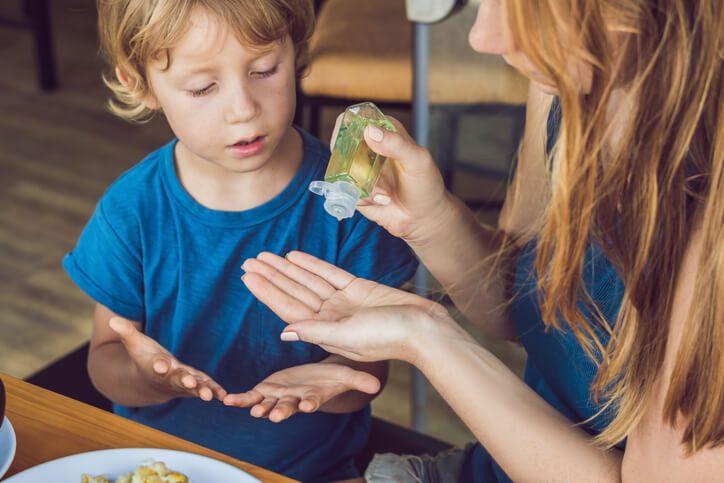
7. Kids are not enjoying and learning properly from at-home school? Are they afraid of academic drawbacks?
Problem
If your kids are failing to study better with at-home school pattern, it can affect them emotionally. They might be worrying about academic results and the pattern of study.
Solution
Kids (Age Group 2-6)
Do not try to make small kids sit unnecessarily on online studies for a long time. let them play and enjoy. They could cope up with studies later on and the COVID-19 effect is about to last long.
Kids (Age Group 7-12)
As a parent, it is crucial that you don’t get overly concerned about the study patterns and outcomes. This is because they might feel exerted and could develop deep anxiety relating to this.
Kids (Age Group 13-17)
Please make your kids realize that a year with less studying or no studying is not more important than their lives. Globally, students are facing this drawback and you can work with academics once the situations get normal. Your support system is the best way to deal with kids and COVID-19 effect.
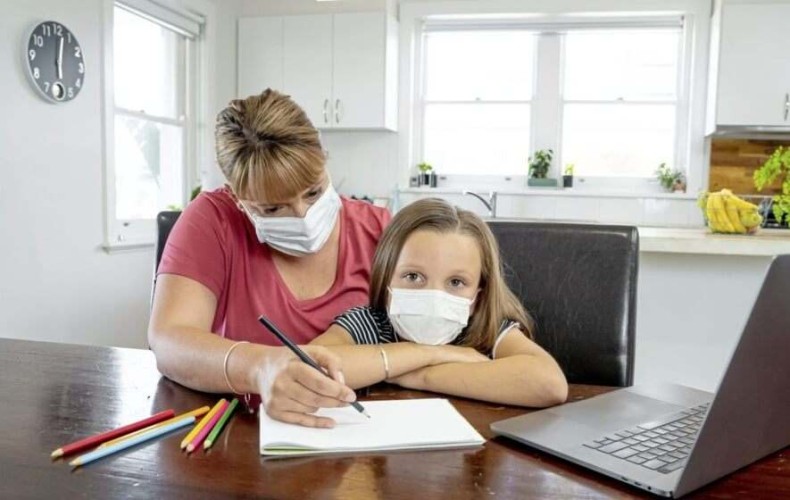
Summary
There is no issue concerning kids and COVID-19 that can’t get sorted. You need to stay careful and sensitive about the kid’s behavior and follow the right measures to move them through this corona outbreak easily. Reassess the kids and COVID-19 scenario to come up with important changes that are hitting the young kids. This pandemic has brought a list of challenges for parents and worries for kids. Be a kind parent and spread all the positivity and joy with kids!


[…] 1. Don’t react […]